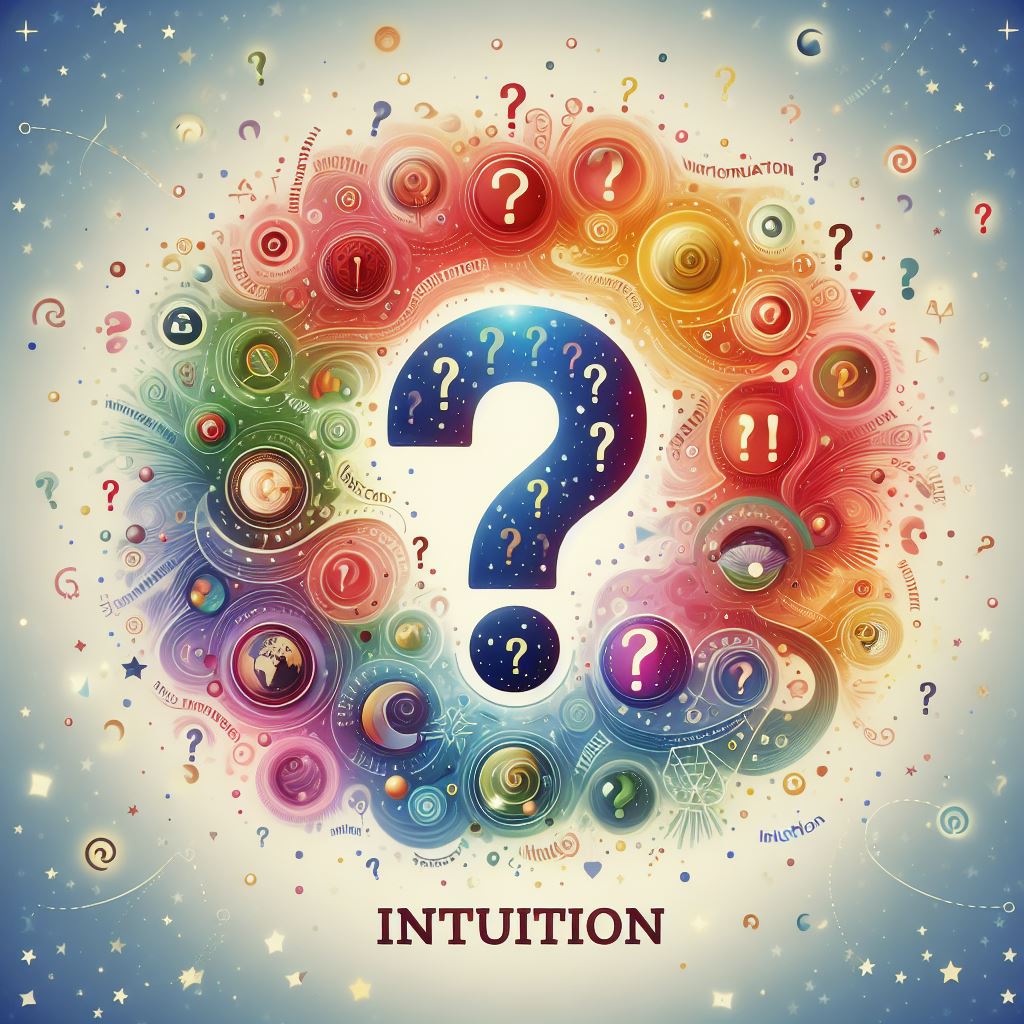Intuition is often shrouded in mystery, seen as an elusive whisper from the subconscious that guides us through life’s labyrinth. Yet, this enigmatic ally is frequently misunderstood, cloaked in misconceptions that range from its infallibility to its supernatural origins.
As we embark on a journey to demystify intuition, we must first navigate through the fog of fallacies that obscure its true essence. By dispelling these myths, we can appreciate intuition not as a shadowy figure in the recesses of our minds, but as a natural and invaluable aspect of our cognitive tapestry, woven seamlessly into the fabric of our daily decision-making.
Here are some common misconceptions about intuition:
1. Intuition is Always Right: One of the most prevalent misconceptions is that intuition is infallible. While intuition can be a powerful guide, it is not always correct. It is influenced by our experiences, biases, and emotions, which can sometimes lead to inaccurate conclusions.
2. Intuition is Magical or Supernatural: Some people believe that intuition is a form of psychic ability or a mystical power. In reality, intuition is a natural and normal cognitive process that involves subconscious pattern recognition and rapid processing of information.
3. Intuition is the Opposite of Rationality: There’s a common belief that intuition and rational thought are at odds with each other. However, they are complementary processes. Intuition can provide quick assessments, which rational thinking can then evaluate and refine.
4. Intuition is Only Emotional: While intuition can involve emotional responses, it’s not solely based on feelings. It also includes physical sensations and a synthesis of accumulated knowledge and past experiences.
5. Intuition is Unlearnable: Some people think that you either have intuition or you don’t. In fact, everyone has intuitive abilities, and these can be developed and honed through practices like mindfulness, reflection, and experience.
6. Intuition Doesn’t Require Experience: Another misconception is that intuition comes out of nowhere, without any prior knowledge or experience. In truth, intuition often draws upon a vast reservoir of past experiences and learned patterns, even if we’re not consciously aware of it.
7. Intuition is Only for Major Decisions: People often associate intuition with life-changing decisions, but it’s also applicable to everyday choices and judgments. Intuitive insights can be just as useful in mundane situations as they are in significant life events.
Understanding these misconceptions can help us appreciate the role of intuition in our lives and recognize its strengths and limitations. It’s a valuable tool when used in conjunction with other cognitive processes, contributing to a well-rounded approach to decision-making and problem-solving.



